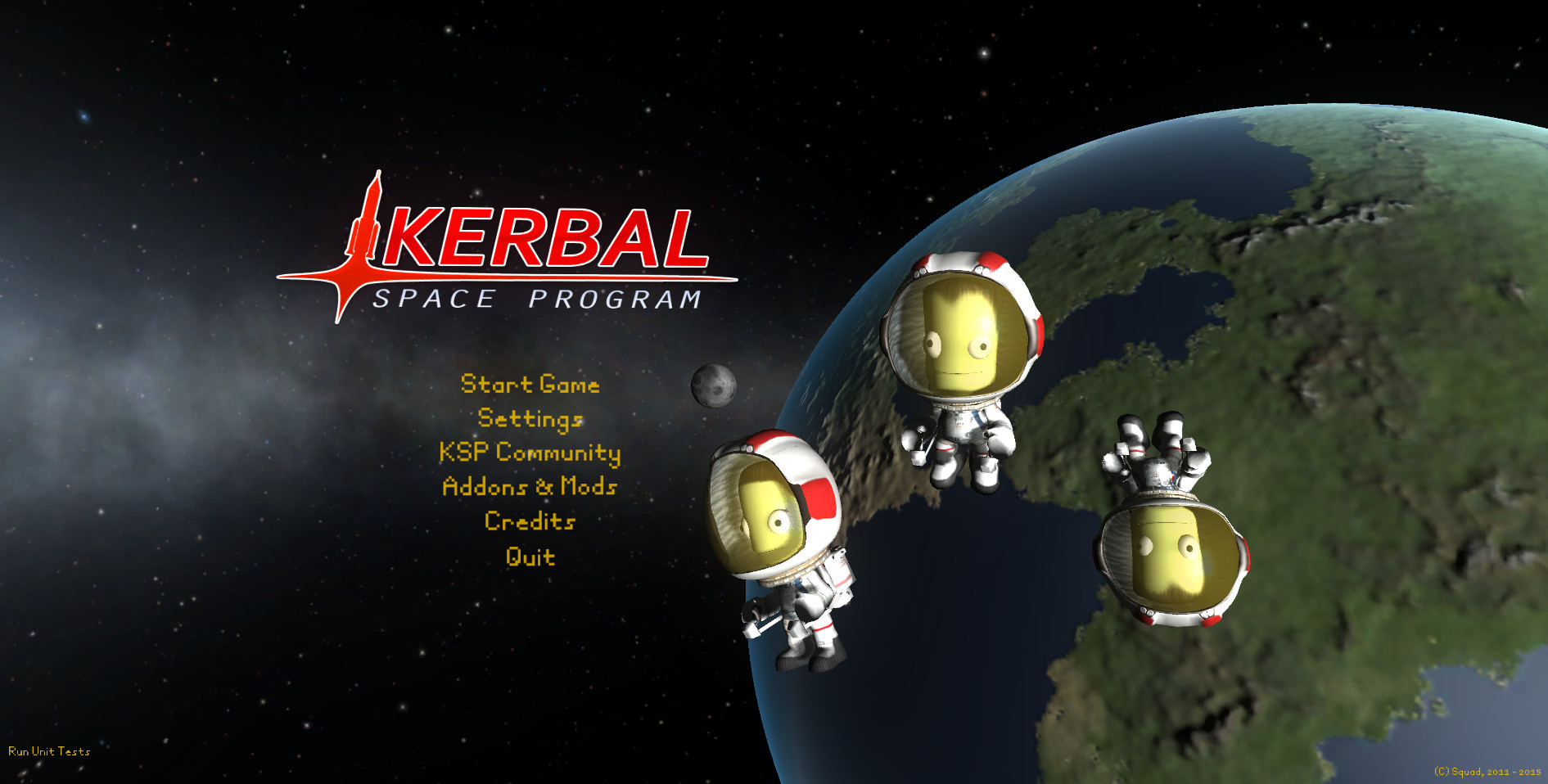
From the seminal 1961 title SpaceWar – one of the first games ever made – to modern science fiction odysseys like Mass Effect and Halo, the idea of exploring distant galaxies has proved incredibly seductive.īut authentic space simulators, offering a purer, more complex and authentic interactive experience, are much rarer. Video games are obsessed with space travel. And there’s always another spacecraft to build and crash. I am on a computer playing a game called Kerbal Space Program. The fortunate part is that, actually, I am at home. The reward for me is to stay alive – and to get home. In space, there is always risk and reward. I progress forward anyway, nudging the thrusters with just enough vigour to connect with the airlock, but not enough to cause a mid-flight collision that will end the lives of my crew. I have built the craft myself, out of myriad components, and I don’t know if it’ll hold up out here in the vast indifferent nothingness. To dock, our orbits have to align precisely, but the variables are terrifying.

Kerbal Space Program features three gameplay modes. Launch your Kerbal crew into orbit and beyond (while keeping them alive) to explore moons and planets in the Kerbol solar system, constructing bases and space stations to expand the reach of your expedition.

You have access to an array of parts to assemble fully-functional spacecraft that flies (or doesn’t) based on realistic aerodynamic and orbital physics.

In Kerbal Space Program, take charge of the space program for the alien race known as the Kerbals.


 0 kommentar(er)
0 kommentar(er)
